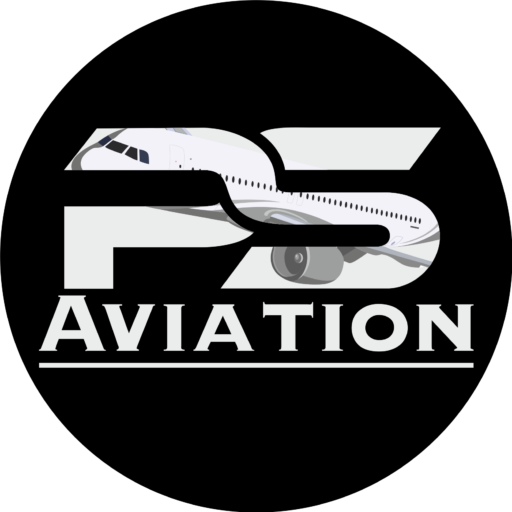
Qualifications Required to Become an Air Hostess After 12th
An introduction
Those interested in pursuing careers in aviation will find a wide range of career opportunities in this rapidly growing industry. A variety of courses are available to students who wish to enter the aviation industry, including Bachelor of Science (B.Sc) programs.
The B.Sc in aviation covers a variety of topics related to the industry, including aviation management, aircraft maintenance, aeronautical engineering, aviation technology, airline and airport management, flight operations, and aviation safety and security. Students who enroll in these courses will gain the knowledge and skills they need to pursue a career in aviation.
Course availability may vary by university and country. Despite this, many universities around the world now offer B.Sc courses in aviation due to an increasing demand for skilled professionals. By taking these courses, students can gain a deeper understanding of the aviation industry and acquire the necessary skills to pursue a rewarding career in this field.
The following are the eligibility requirements for pursuing a B.Sc degree
Here is a general overview of the eligibility criteria for B.Sc courses according to the institute:
- Minimum 50% in Physics, Chemistry, and Mathematics in the 12th standard is required.
- Candidates who have studied Mathematics and Physics for three years are also eligible.
- As far as the entrance exam is concerned, the AME CET is for students who wish to enroll in one of the top institutions for B.Sc. degrees in India.
The number of courses in a B.Sc.
Here, we discussed three aviation courses, namely:
- Aviation Bachelor’s degree
- A Bachelor’s degree in AME
- Aeronautical Science Bachelor’s Degree
In this section, we briefly describe all the above
Aviation Bachelor’s degree
In the aviation industry, a bachelor’s degree program of three years prepares students for a career. Through the program, students will gain a comprehensive understanding of the aviation industry, including its technical, operational, and business aspects.
It is important to note that the curriculum for the B.Sc in aviation program may differ depending on the university and the specific program. The most common courses in a B.Sc. the aviation program are aviation management, air traffic control, aircraft design, aircraft performance, aviation safety and security, aviation law and regulations, aviation economics, navigation and flight planning, aviation communication, aviation human factors, aerospace materials and manufacturing, aerodynamics and propulsion, flight simulation and training, and airport management and operations.
Moreover, the B.Sc in aviation program offers students practical training and hands-on experience through internships, simulations, and industry collaborations. Among the careers graduates can pursue are pilots, aviation managers, aircraft maintenance technicians, air traffic controllers, airport managers, aerospace engineers, aviation safety specialists, and aviation researchers.
An AME (Bachelor of Science) is available
An AME degree is a Bachelor of Science in Aircraft Maintenance Engineering. A degree in aircraft maintenance engineering teaches students how to inspect, repair, and maintain aircraft.
As part of the B.Sc. in AME program, students gain a comprehensive understanding of aircraft maintenance engineering, including knowledge of aviation regulations, maintenance practices, safety procedures, and technical skills.
The program typically takes three years to complete and covers subjects such as aerodynamics, aircraft systems, avionics, material science, aircraft structures, and aircraft maintenance management.
After completing the B.Sc in AME program, graduates can pursue careers in the aviation industry as aircraft maintenance engineers, aviation technicians, or aviation managers. They can work in airlines, aircraft maintenance and repair organizations, aviation manufacturing companies, or government aviation agencies.
In addition, graduates can pursue higher education in related fields such as aerospace engineering, aviation management, or aircraft design and development. They can also opt for specialized certification courses in areas such as aircraft inspection, repair, and maintenance to enhance their skills and expertise in the field.

